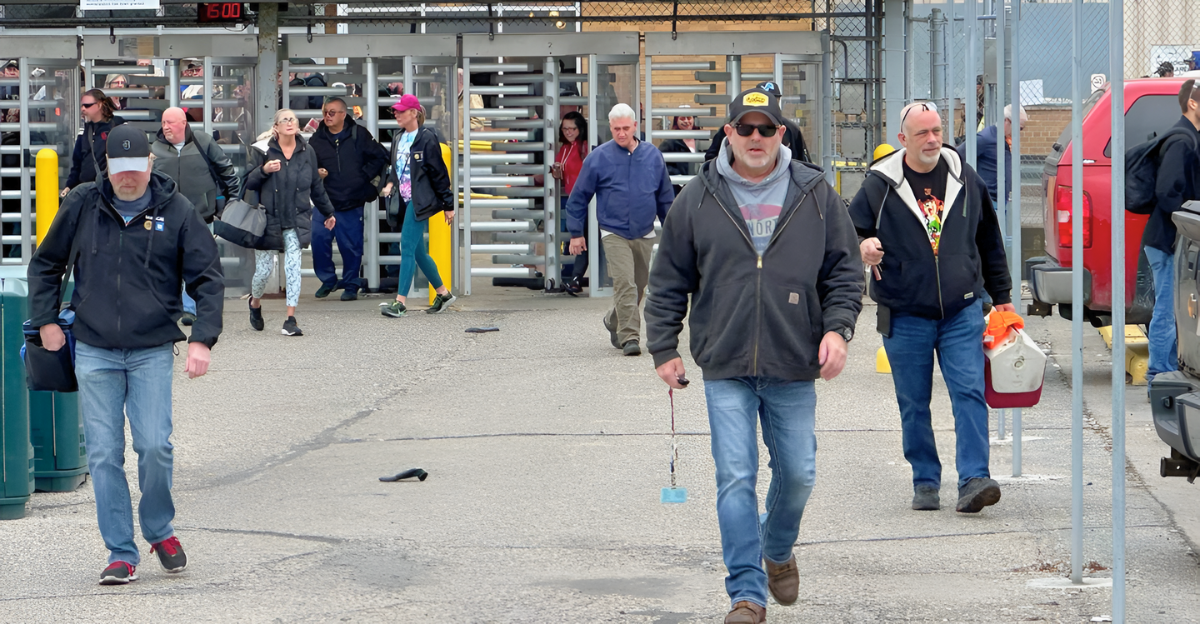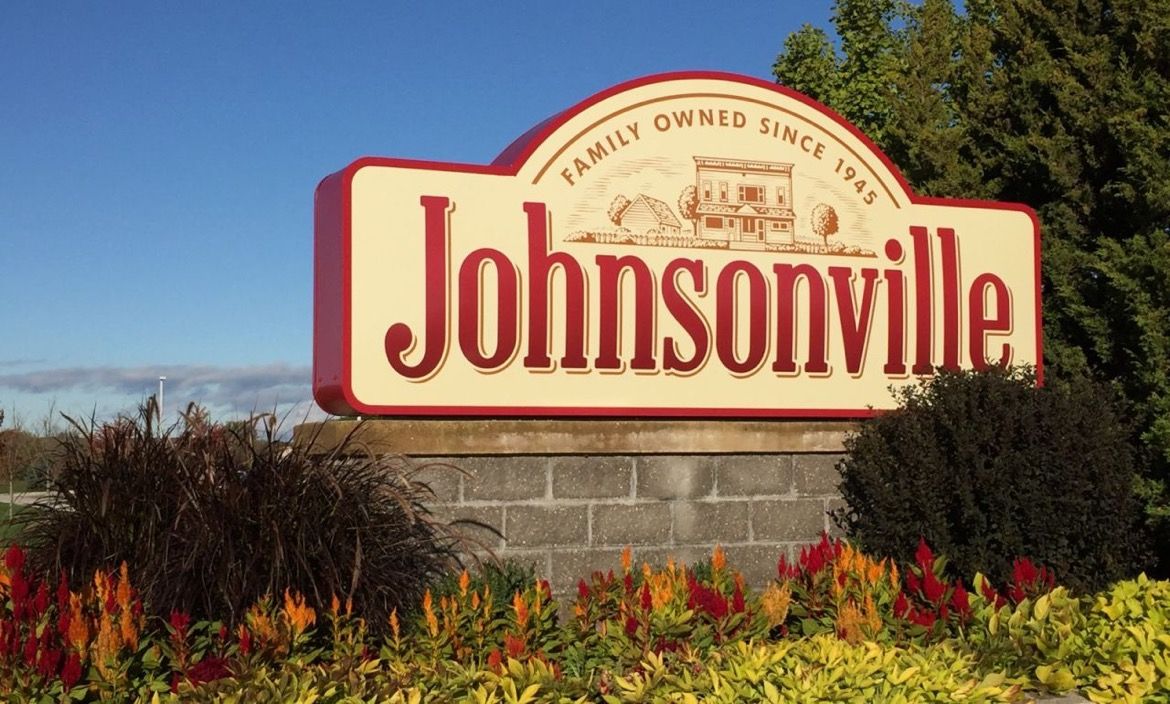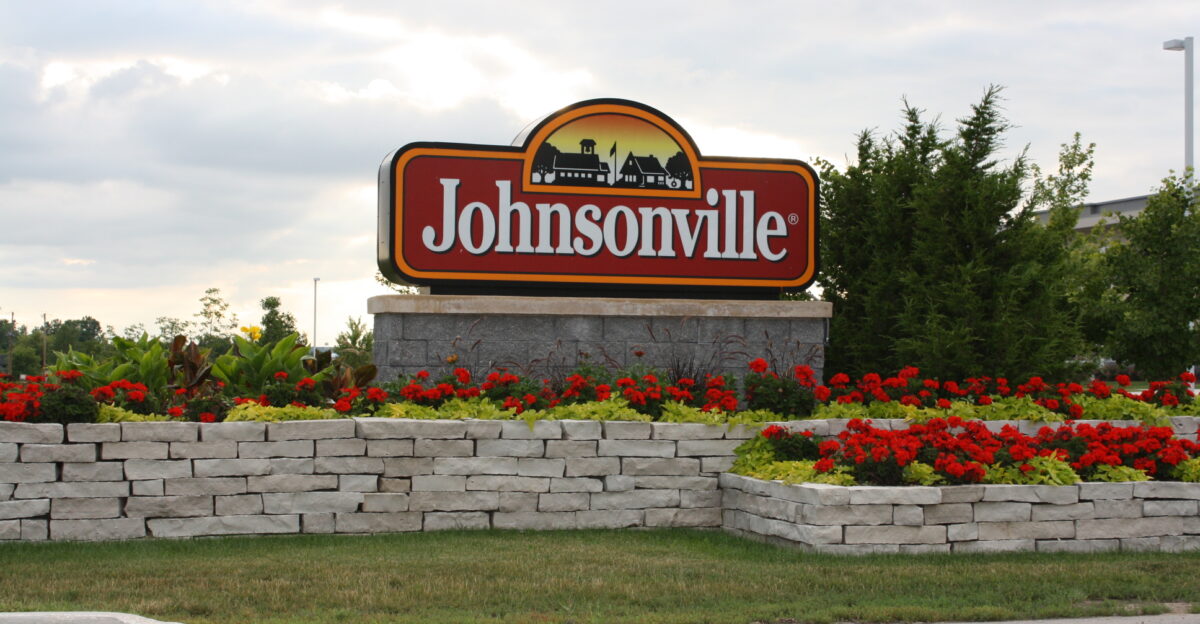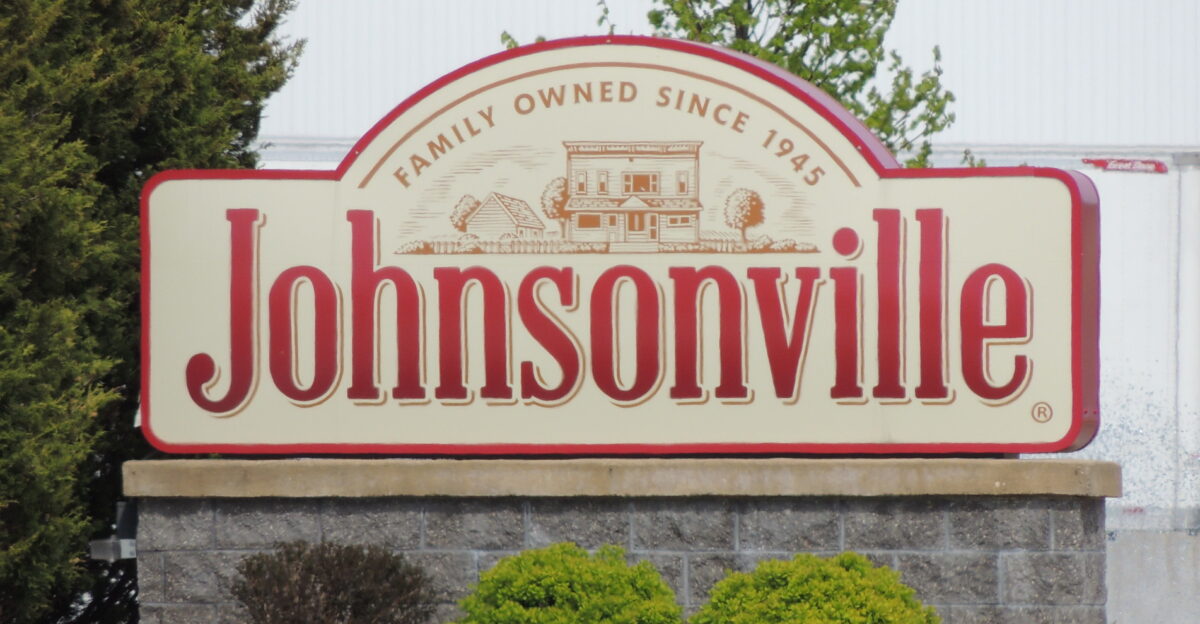
On June 2, 2025, the small community of Momence, Illinois, was shaken to its core when Johnsonville Foods announced the sudden shutdown of its long-standing plant. For over 60 years, this facility had been an integral part of the local economy, employing nearly 275 workers who had dedicated their lives to the production of sausage and other meat products.
The announcement left employees with little more than 15 minutes’ notice, catching local officials and workers off guard and sending shockwaves throughout the community. “We felt like a light switch just got turned off,” said factory worker Lupe Hernandez, a 25-year veteran whose life had revolved around the plant. The abruptness of this closure raised serious questions about the corporate responsibility to its workforce and whether adequate communication channels existed.
The Impact on the Community

The closure represented more than just a loss of jobs; it signified the dismantling of a crucial economic foundation for Momence. City officials quickly realized that local businesses, many of which relied on the steady income generated by these workers, would also feel the repercussions.
Mayor Charles Steele lamented the “heartbreaking suddenness” of the situation, expressing concern over a potential downturn in consumer spending. “Our community is hurting, and it’s hard to find the words to comfort those affected,” he said. As the dust began to settle, local leaders scrambled to devise strategies to attract new investment, aware that a long road to recovery loomed ahead.
Historical Context and Patterns of Closure

Johnsonville Foods’ sudden closure of the Momence plant was not an isolated incident. In early 2024, the company had similarly shut down its operation in Wisconsin, marking a troubling trend of abrupt plant closures within the meatpacking industry. While such occurrences are infrequent, the repetition has left a lingering sense of unease among employees nationwide.
Workers often wonder about the pressures driving corporate decisions that reverberate throughout entire communities. As job security becomes increasingly fragile, the question remains: How can legacy employers navigate the balance between profitability and the well-being of their workforce?
The Broader Landscape of Meatpacking Industry Strains

The challenges facing the meatpacking sector are multifaceted, driven by rising operational costs, supply chain disruptions, and the relentless push towards automation. Inflation and labor shortages have further exacerbated the situation, squeezing profit margins and forcing companies like Johnsonville to make difficult decisions.
In an industry already grappling with environmental regulations and heightened competition, Johnsonville cited operational inefficiencies and shifting consumer demand as key motivators for their swift closure. However, the lack of transparent communication regarding such decisions leaves much to be desired. “We need to prepare workers for transitions, not just shut the door,” one labor advocate emphasized.
Human Impact of the Sudden Shutdown

As the shock of job loss sunk in, the realities facing laid-off workers became increasingly dire. Many, like Lupe Hernandez, expressed deep frustration over the manner in which the shutdown was handled. “It’s like they didn’t even care about us…same day?” he remarked, highlighting the emotional toll and financial anxiety that immediate unemployment brings.
With families relying on steady incomes to meet obligations like mortgages and bills, community groups quickly mobilized to offer support resources, including resume workshops and counseling. The swift job losses revealed significant vulnerabilities in local social safety nets, posing the question: How will families and the community at large rebuild after this unforeseen disruption?
Reactions from Local Businesses and Service Providers

Local businesses struggled to find their footing in the wake of the shutdown. Owners voiced concerns about reduced consumer spending that would likely arise from the loss of jobs. “When people lose their income, we all feel the impact,” said the owner of a nearby grocery store, who worried about lower sales.
Additionally, municipalities faced an increased demand for social services and unemployment relief, with local agencies scrambling to support the influx of newly unemployed residents. The interconnected web of the economy became apparent, revealing just how one business’s decision can send ripples through an entire community.
Legislative Implications and Regulatory Challenges

In light of the alarming frequency of sudden layoffs, labor advocates have called for enhanced regulatory safeguards. Current state WARN Acts require a 60-days’ notice for plant closures involving over 75 employees. Johnsonville’s decision, while technically compliant with Illinois law, drew criticism for its lack of adequate transition support.
Experts argue that such laws need to be reinforced to better protect workers from abrupt economic upheavals. Is it time for legislators to revisit the enforceability of these regulations? Conversations around regulatory reform have been reignited, with many asking: How can policy better balance corporate agility with the welfare of employees?
The Competitive Landscape and Market Reactions

As Johnsonville Foods vacated the market, competitors within the meat sector began eyeing the opportunity to absorb the market share left behind. Analysts predicted that industry consolidation trends would likely accelerate as businesses seek to fill the void. The supply chain, stretched thin due to labor disruptions, felt an immediate impact on downstream retail availability.
A local analyst shared, “This shake-up wasn’t unexpected, but the speed at which it happened is troubling. Companies must consider the human aspect of their operational decisions.” As the market evolves, how might this shift influence corporate strategies moving forward?
National Trends in Labor and Manufacturing

The abrupt closure of Johnsonville’s Momence plant is symptomatic of a wider trend impacting manufacturing across the United States. Year after year, manufacturing employment has declined, leading to increased instability for workers as episodic layoffs become more common. Experts have flagged the measurable economic damage these sudden closures inflict on regional communities, often exacerbating existing inequalities.
“Every closure adds to a growing narrative of anxiety in the workforce,” one economist warned. The pressing question remains: How will policymakers and businesses collaborate to create frameworks that protect vulnerable labor forces amid the ongoing winds of economic change?
Opportunities for Change

In the aftermath of Johnsonville Foods’ closure, the conversation around corporate responsibility and workforce protections has intensified. Community groups, labor advocates, and lawmakers are now actively discussing how to prevent further disruptions that leave workers stranded without support.
“We need to build bridges, not walls,” one community leader stated, emphasizing the necessity of fostering collaboration between corporations and their employees. The hope is that from this crisis, meaningful regulatory reforms will emerge to ensure that future decisions consider the welfare of the workforce. Will this moment mark the turning point that leads to a more compassionate approach in the meatpacking industry and beyond?
